This year’s ESPN X Games in Austin, Texas hosted a pair of major esports tournaments: Call of Duty: Advanced Warfare and Dota 2. It wasn’t the first time ESPN’s alternative sports extravaganza played host to competitive gaming events—last year in Austin, Call of Duty stalwarts OpTic Gaming were victorious in the first esports event.
But this year was even bigger. And it introduced Dota 2, the five-on-five team game that boasts some of the biggest cash prizes in esports. The fans in the gaming tents were some of the noisiest at the X Games, keeping the stands full over the three-day event. Even with all the excitement, however, the esports tournaments were ensconced in their own separate area at the complex’s periphery. The events were broadcast live, but only on the network’s online streaming channel, not on cable like the other events. At the X Games, esports seemed to exist in a bubble.
The self-proclaimed worldwide leader in sports has turned its gaze to competitive gaming. And it isn’t quite sure what to think about it.
For ESPN, it was a simple matter of connecting with a notoriously fickle audience: youth.
As esports have developed from a niche interest of dedicated gamers to a cultural phenomenon backed by an increasingly rich industry, many have wondered how they would interact with the existing sports landscape. Would the powers that be in the sporting world reach out to welcome esports, or would they turn up their noses at the idea of the digital athlete?
ESPN president John Skipper set expectations low in September 2014. Speaking at a Code/Media conference in New York about Amazon’s purchase of online streaming platform Twitch for a smooth $970 million, Skipper said that “[Esports] is not a sport—it’s a competition.” He then compared esports to games such as chess and checkers.
The comments set off a string of debates across the digital landscape—arguments that esports fans are all too familiar with. Are competitive video game players really athletes?
But the comments also stood out because they contrasted ESPN’s own apparent corporate strategy. The company had just recently simulcast Valve’s premier esports event, The International—the richest tournament in esports to date—on its online streaming platform, ESPN3. It also broadcasted a preview of the event on its cable channel, ESPN2. Then in May of this year, the company partnered with gaming giant Blizzard. For the first time, ESPN broadcasted a live gaming competition on one of its main channels: Heroes of the Dorm, a college tournament for the game Heroes of the Storm.
Some of ESPN’s biggest personalities were divided over the broadcast. Michelle Beadle, the host of SportsNation, couldn’t contain her excitement for a game she admittedly knew nothing about.
Not everyone was quite so willing to go along for the ride, however. ESPN radio host and shock jock Colin Cowherd put the event on blast the very next day, comparing the viewing experience to “putting a gun in [his] mouth.”
While signals from on-air personalities have been mixed, the direction of ESPN as a whole often appears clear. Esports industry veteran Scott “SirScoots” Smith worked with the network on its Heroes of the Dorm broadcast. “Trust me,” he said in response to the furor over Cowherd’s comments, “the ESPN execs in the TV truck with us do not share his ignorant opinion.”
Then there are the X Games, of course. Major League Gaming (MLG), a North American esports company with deep roots in the industry, has now worked with ESPN two years running to bring its tournaments to the X Games, featuring some of the biggest games on the planet: Counter-Strike, Call of Duty and Dota 2.
And on June 22, ESPN published an issue of its magazine focused on esports.
This chain of events leaves a few key questions. Why exactly is ESPN interested in esports, what does the industry stand to gain from ESPN’s involvement, and just where is all of this heading?
When MLG helped bring esports to ESPN’s extreme sports extravaganza in the summer of 2014, the motivation was clear. The company has always looked to push its product deeper into the mainstream sports consciousness, and there were few better ways to do that than by partnering with ESPN. In a conversation with the Daily Dot, MLG president Mike Sepso called ESPN “the biggest platform out there for sports.”
For ESPN, it was a simple matter of connecting with a notoriously fickle audience: youth. “Integrating esports into X Games has allowed us to attract a broader audience to the event itself and put the X Games brand in a broader space,” X Games Vice President Tim Reed told the Daily Dot. “It’s relevant to youth culture.”
The youth culture factor was especially important in bringing about this marriage between X Games and MLG. Dating all the way back to 1995’s Extreme Games debut and its skateboarding events, the X Games has always been a place for subcultures in the sporting world to grow and develop.
Seeing it all come together live and in person, the fit is clear. Fans attending this year’s Call of Duty tournament brought a raw energy that was easily translatable to any curious passers by. “[The fans] know the big moments, they’re very in tune with the competitions, and it’s always good to have passionate fans,” Reed said.
But for all the success of Call of Duty in the live environment, the game also speaks to the challenges that exist combining esports with a major cable television network. ESPN declined to broadcast Call of Duty on any of its platforms, including the ESPN3 streaming service, because it’s a first-person shooter. It’s not clear why that genre of game in particular is problematic, though it does feature depictions of violence that are far more realistic than most other esports.
Just where is all of this heading?
This is actually a step back from previous television outlets. A decade ago, MTV showcased a first-person shooter, Painkiller, as part of its broadcasts of the 2005 Cyberathlete Professional League, an early esports experiment that ultimately fell apart. DirecTV, likewise, broadcasted first-person shooter Counter-Strike in the mid-aughts as part of its failed Championship Gaming Series.
Combined with the comments made by John Skipper and an ongoing internal debate at the company, ESPN’s hesitation over first-person shooters shows how, despite external appearances, ESPN is still being pulled in multiple directions.
Some at the network simply don’t believe that esports has a place on ESPN; others see esports as a big part of the sporting world’s future. It’s an internal debate that mirrors the network’s hand-wringing over mixed-martial arts (MMA) in recent years. Some senior officials saw the emerging sport as too brutish at worst or a mere flash in the pan at best, while others argued it was essential for the network to provide coverage and get a piece of the quickly growing pie.
Eventually, MMA grew so popular that the decision largely made itself. When it became sufficiently clear that the sport wasn’t going away anytime soon, ESPN relented and began offering coverage, from dedicated analysis shows to time devoted to the sport on the network’s flagship program, SportsCenter.
For all of the debate and discussion that’s sprung up around ESPN and esports, the network will likely commit to more robust coverage if esports simply shows signs of prolonged growth—just as it did with MMA. In discussing how esports fit within the plans of X Games in particular, Reed alluded to just that line of thought.
“We see how it goes, we talk about it, and we make any necessary changes,” he said. “Esports are in that category. We see how it goes each year and evaluate it.”
Esports certainly shows no signs of slowing. Multiple firms have published reports on the industry’s rapidly increasing revenues, which could total as much as $1 billion by 2017. Viewership has grown as well. Twitch, the streaming platform whose biggest numbers come from broadcasting important tournaments for games like League of Legends and Counter-Strike, serves more than 100 million unique viewers per month. That number has risen sharply and consistently ever since Twitch was launched in 2011.
But translating the number of viewers who frequent streaming services such as Twitch to cable television is no simple task. The most immediate hurdle is availability of basic rights to broadcast games. In the world of traditional sports, broadcast rights are hotly contested and can involve billions of dollars in payment for exclusivity over a set number of years.
The esports landscape is different. Leagues run directly by the game’s developer or publisher maintain exclusive rights. The most notable example of this is the world’s most popular esport title, League of Legends, whose professional scene is tightly managed by developer Riot Games.
“We see how it goes, we talk about it, and we make any necessary changes.” — Tim Reed, X Games
Riot has a reputation for wanting not only complete control of its productions when dealing with event organizers and broadcasters, but also that they be the only game in town. Whether Riot’s requirements for working with partners would soften or in any way change if ESPN came knocking remains to be seen.
A cable television channel with so many millions of viewers would certainly seems like it should be alluring for a company like Riot. But the League of Legends World Championships in 2013 already brought in 32 million unique viewers at a time (although it’s important to note that many of those viewers came from outside the United States). Riot is hardly desperate for exposure.
In fact, there are those in the esports industry who view working with ESPN as a step backwards. The forays into the realm of television by the CPL and CGS may have seemed like milestones, but ultimately accomplished nothing. Both failed. Why pander to a cable television channel, when online streaming is clearly the future?
The answer, according to MLG’s Sepso, is that working with ESPN helps in reaching an audience that might not otherwise be exposed to the product.
“ESPN is one of our best partnerships and is really important in helping us to achieve our main mission, which is to make esports mainstream,” Sepso said.
Bringing esports to the mainstream is one thing. Finding an audience in the mainstream may be another entirely. Look no further than the broad range of reactions given to the Heroes of the Dorm broadcast, including from ESPN’s own talents. The trend of online backlash continued when ESPN: The Magazine profiled Lee “Faker” Sang-hyeok, one of the world’s most prolific talents in League of Legends.
At the X Games, esports seemed to exist in a bubble.
It’s worth noting that the negative reaction from some corners of the sporting community isn’t so different from what ESPN faced when it expanded its coverage of soccer. As the network has ramped up coverage of the sport over the past decade or so, it’s been met by an occasionally vitriolic response—and a common refrain strangely similar to what’s greeted esports: That soccer isn’t a real sport. But soccer has grown into a frequent presence on the network, with ESPN ramping up coverage of major soccer leagues and events, from the European Champions League to the World Cup and European Championships.
Ultimately, a noisy minority of fans on Twitter isn’t going to affect the decision-making process of a company like ESPN. The biggest player in sports media is far more interested in reach, which is how esports drew its corporate gaze to begin with. The numbers are there, and the youthful demographic is difficult to resist. Will management see that value as worthy of investment, even if they can’t understand what all the buzz is about?
ESPN offered the following statement on this story:
“Obviously, MLG has now been at X Games a few times. Through the years, we have explored esports programming space and have had content on ESPN networks including MLG, Dota 2, Heroes of the Dorm, EA, League of Legends, BlizzCon. We’ll continue to explore and experiment with new formats and programming, but haven’t committed to any other specific esports programing at the moment.”
One thing is sure: There will be more esports programming on ESPN. The network’s experimentation with esports isn’t just notable for letting fans watch their favorites games on television or for its potential effect on ESPN’s bottom line. It’s something that could help to shape the immediate future of esports. And you can bet that esports fans will be watching very closely.
Photo via artubr/Flickr (CC BY 2.0) | Remix by Jason Reed


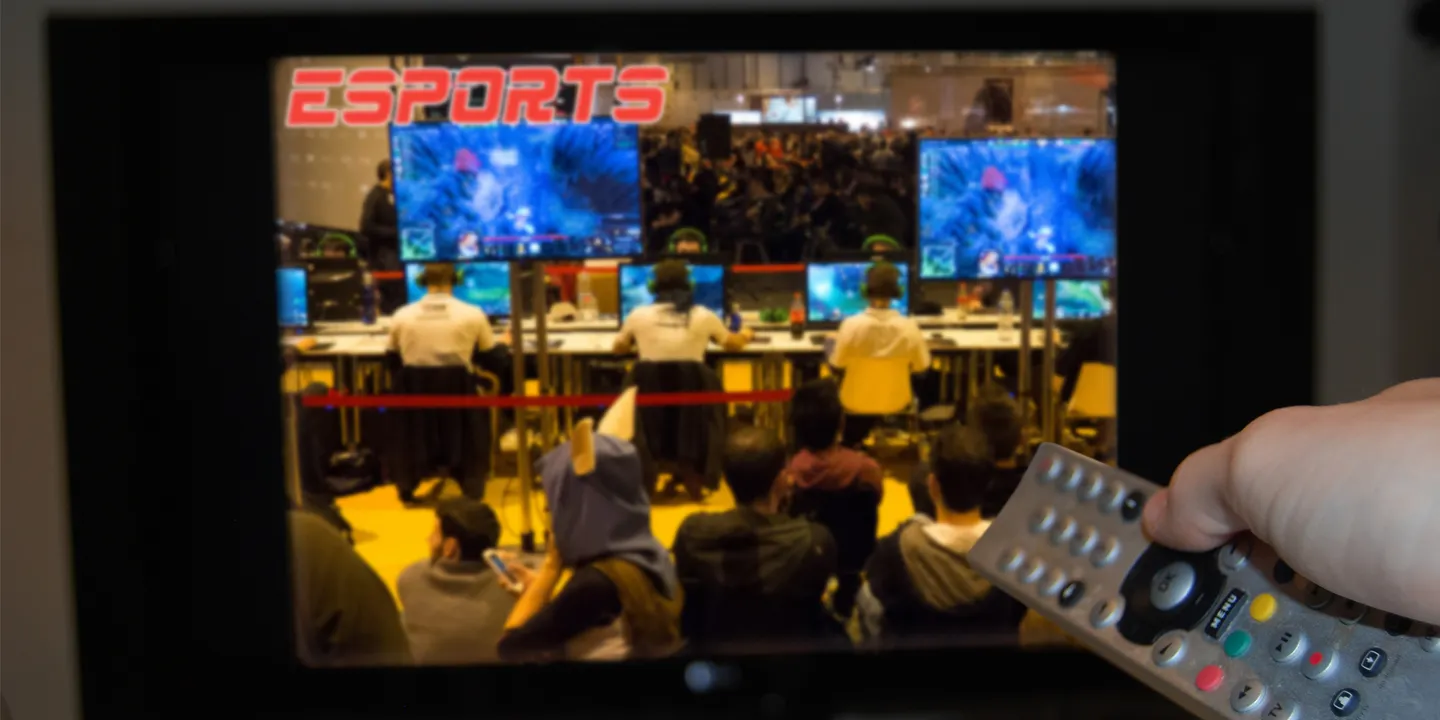
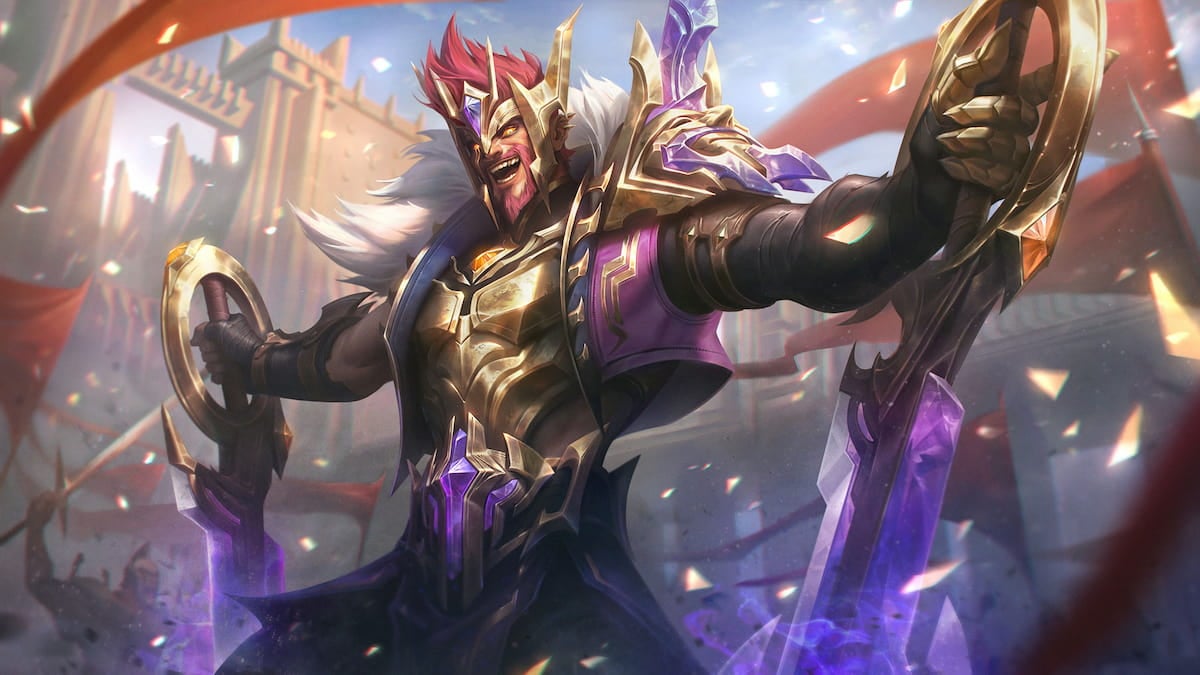
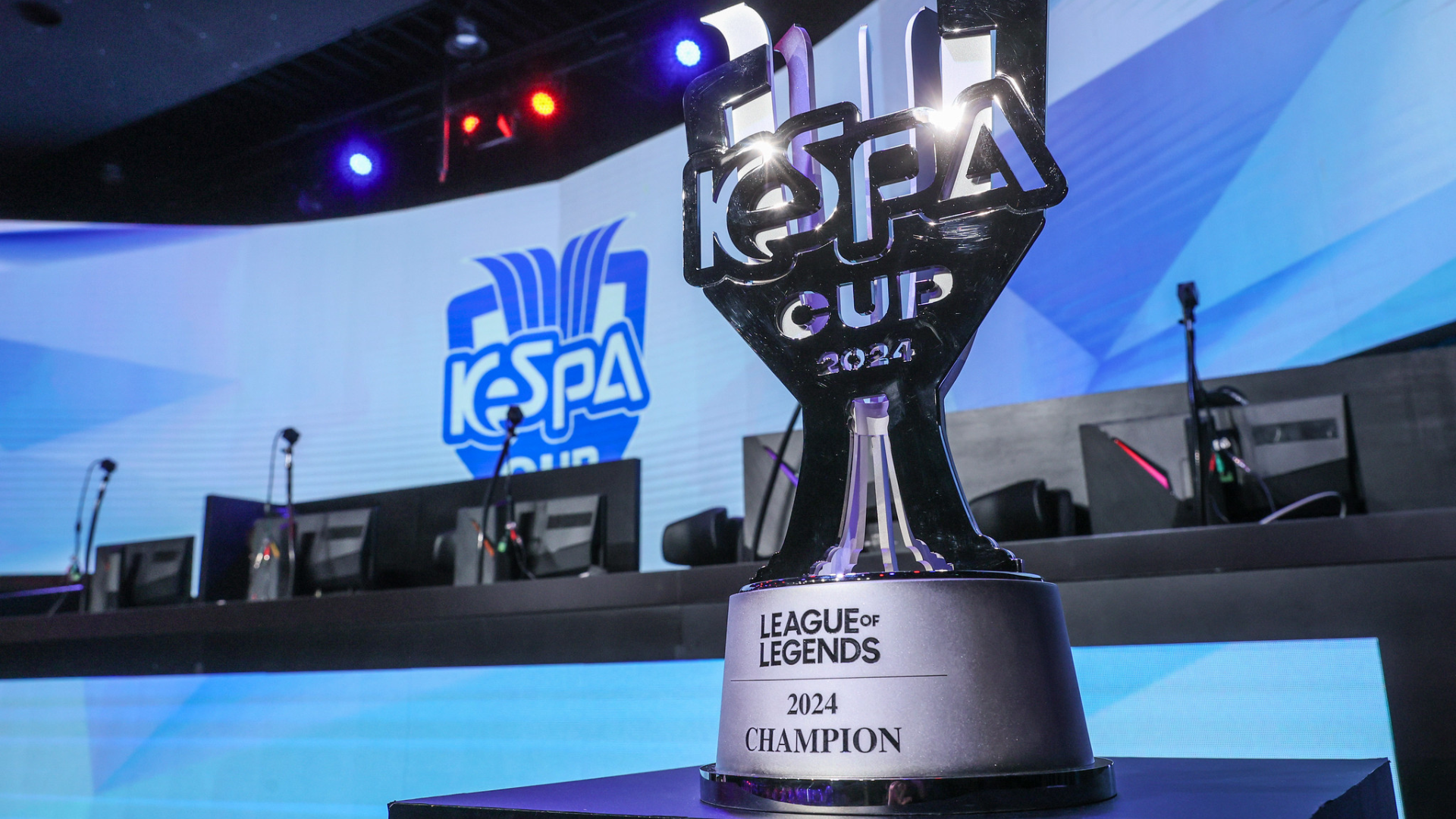
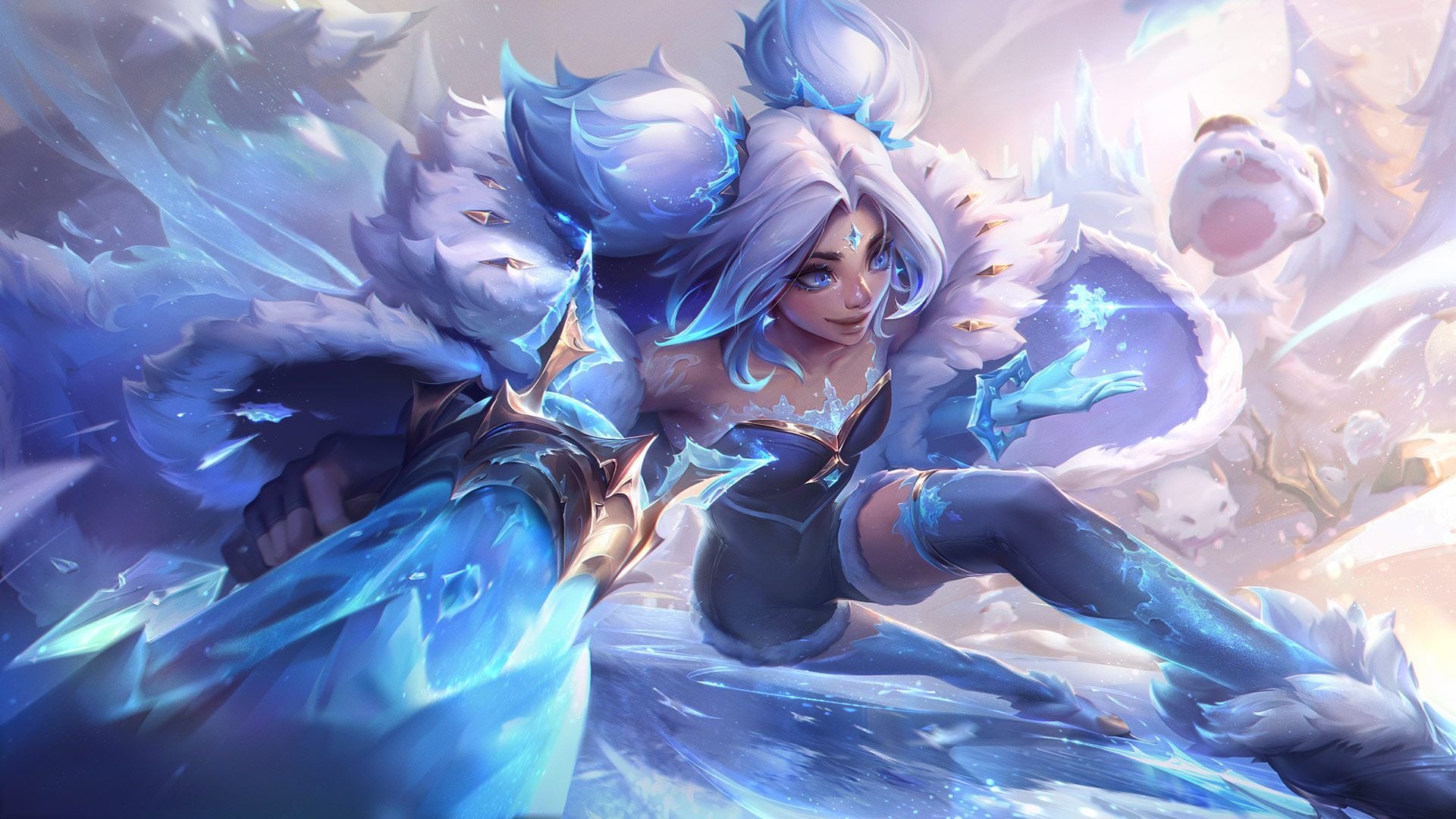

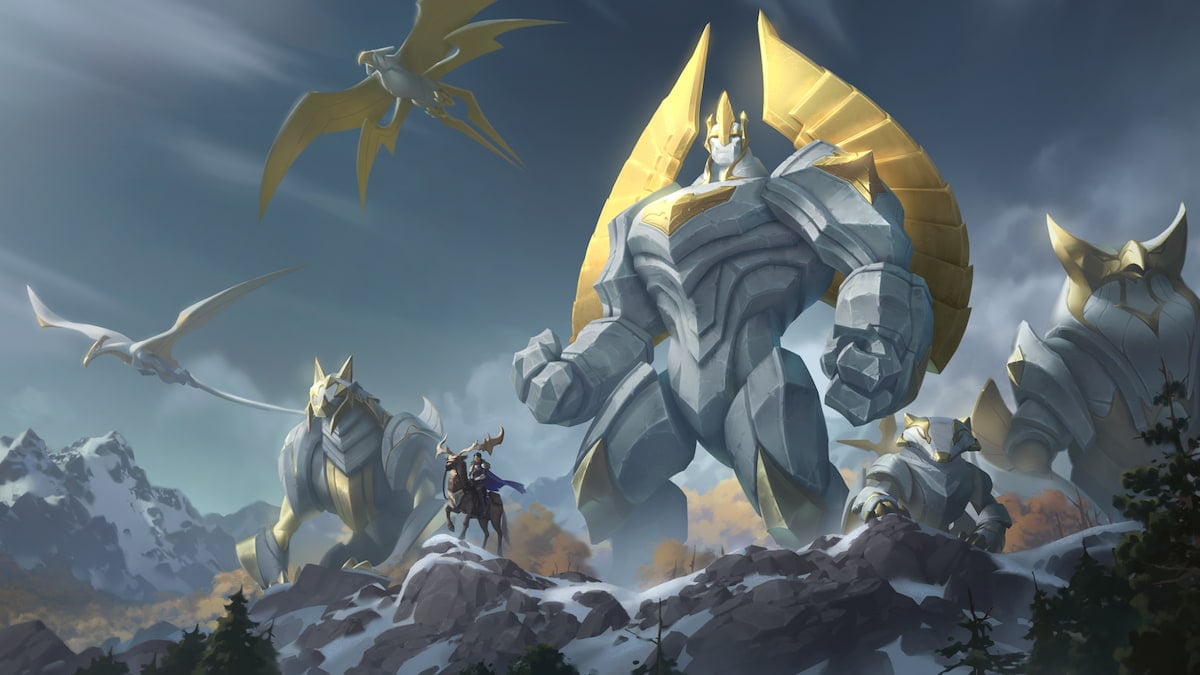
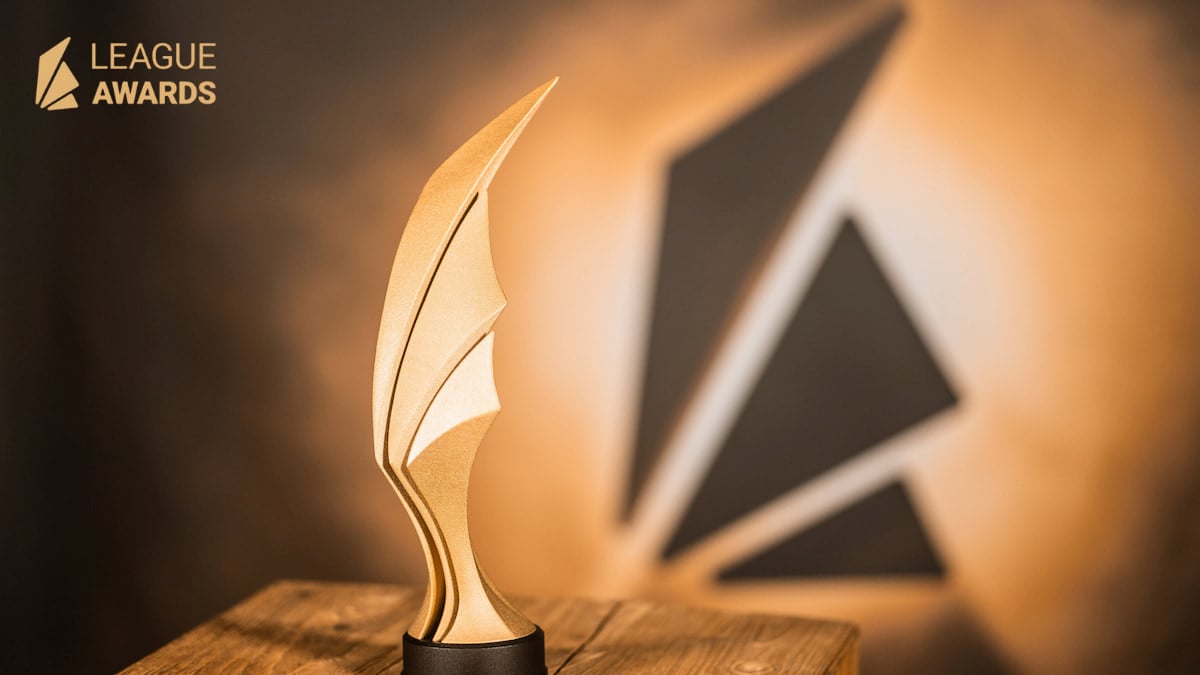


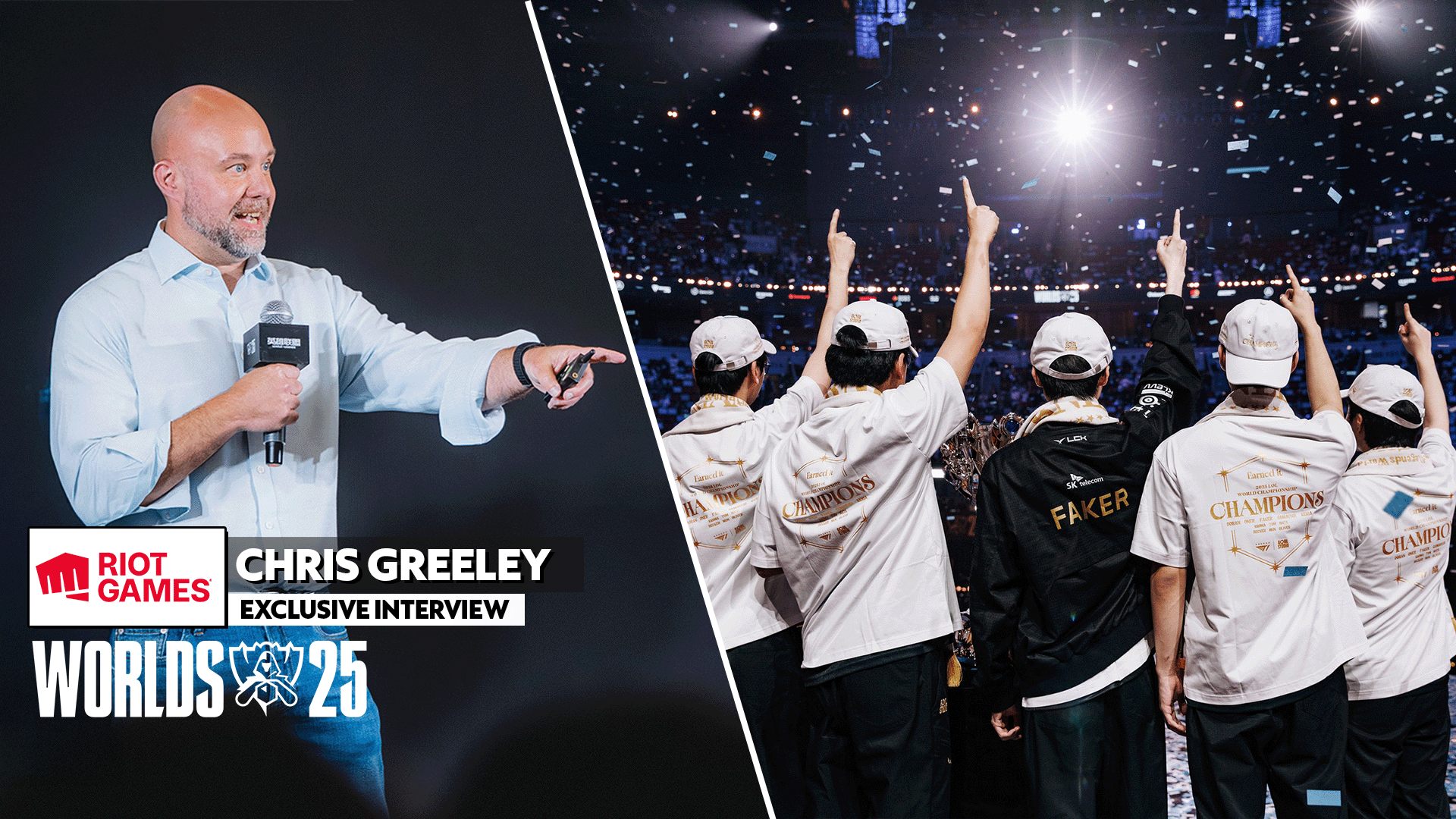
Published: Jun 23, 2015 09:58 am